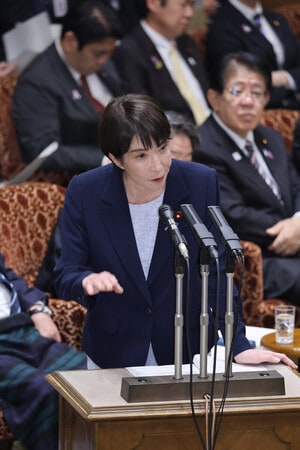Japanese Prime Minister's reliance on 'self-made responses' in the Parliamentary debate has raised concerns regarding the political stability of the country. Information regarding when and why he chose this approach is still unclear. However, this tactic, unusual in Japan's political arena, has put the strength and effectiveness of his leadership under scrutiny. The ramifications of this stand could potentially impact the legislative processes and overall governance of the country.
In Japan, the Prime Minister taking on debates single-handedly is not a common occurrence. Typically, the Prime Minister receives substantial support from his party and other political allies. Therefore, his decision to personally handle matters indicates a shift in traditional political dynamics. This change has engendered considerable curiosity and apprehension among Japanese citizens, as it also reflects the intensity of the issues at hand.
In the US or EU, leaders often make statements and engage in debates independently which reflects a sort of political maturity. However, such actions are generally accompanied by cohesive party policies and consistent administration support. If these are absent, as seems the case in Japan currently, it could indicate internal party divisions or a leader's attempt to consolidate power, both of which could be viewed as warning signs for political stability.

